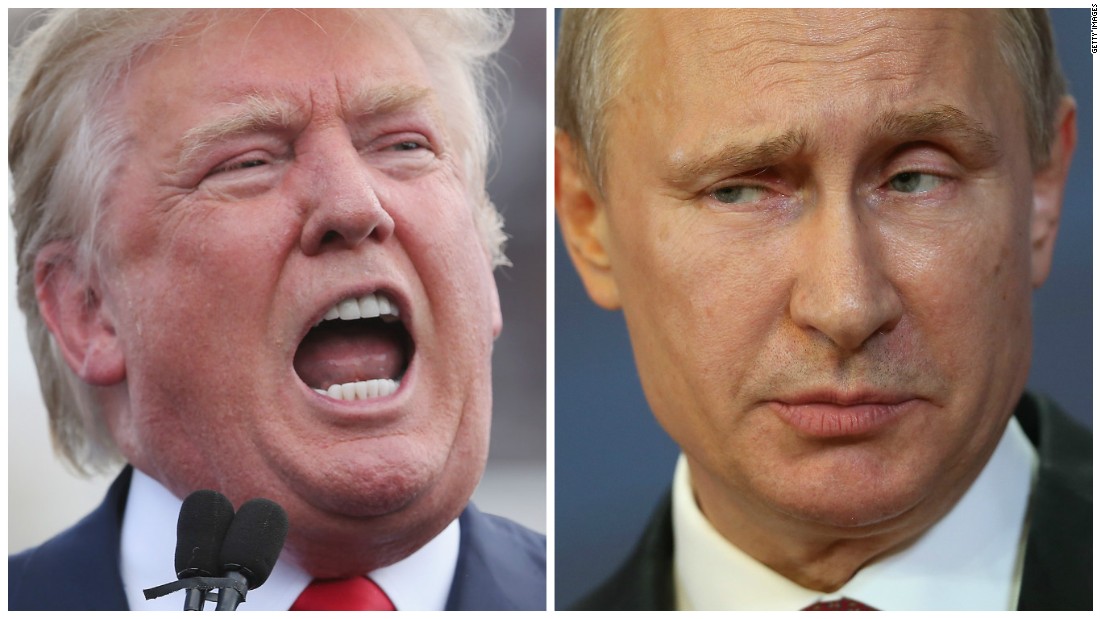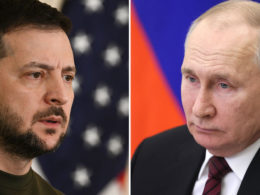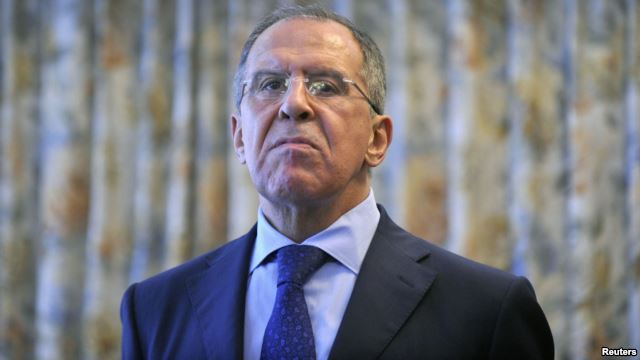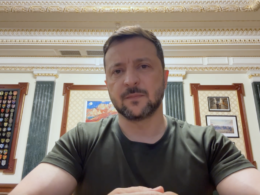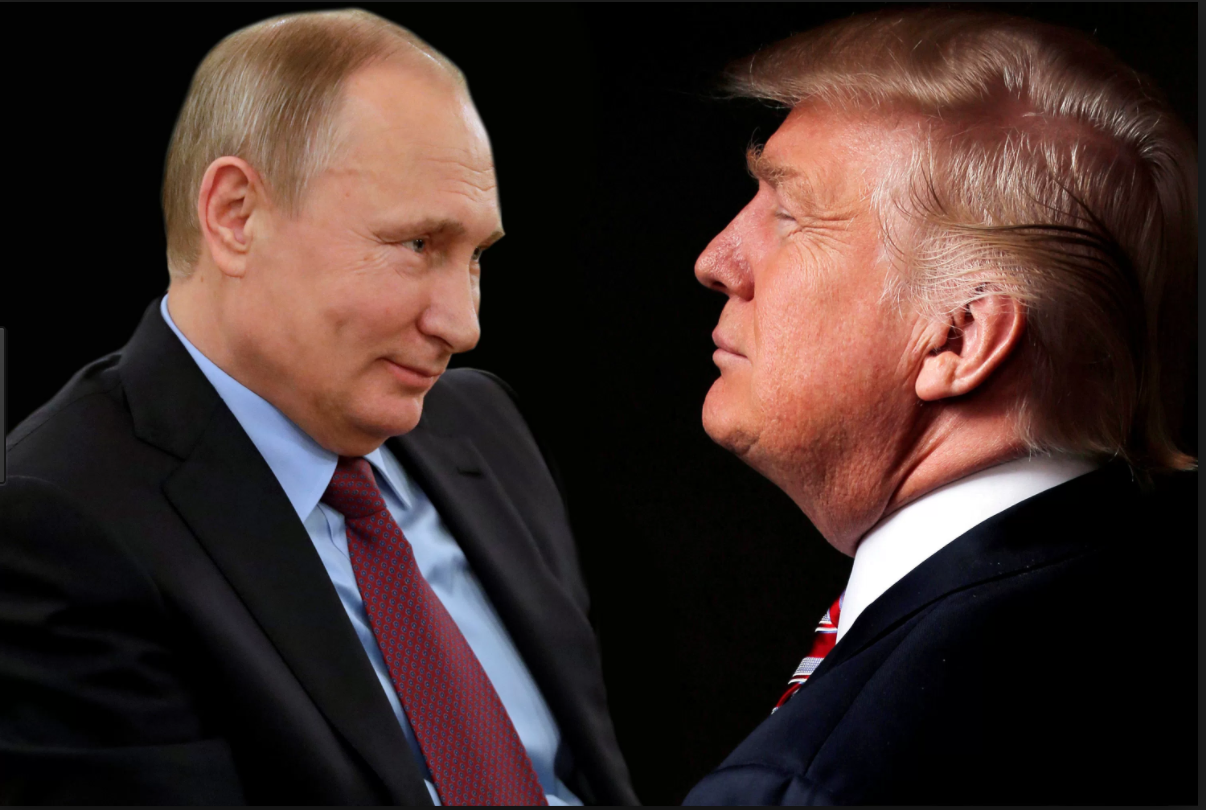President Donald Trump signals that the US is considering to step away from the complex peace negotiations between Russia and Ukraine, telling Ukrainian President Volodymyr Zelenskyy and European leaders that the two countries must find their own solution to the war, the New York Times reports.
This comes as Trump and Putin held a phone conversation on 19 May, in which the Russian president allegedly expressed a desire for peace but rejected a proposed ceasefire unless “appropriate agreements” are reached.
The key Russian demands to Ukraine include:
1. Ukraine ceding full control of four occupied oblasts as well as Crimea to Russia
2. Ukraine adopting a neutral status
3. Ukraine abandoning any aspirations to join NATO
4. no foreign troops on Ukrainian soil
5. Ukraine dropping any demands for war reparations
After the call, Trump announced he would halt plans to impose additional sanctions on Russia, citing a potential opportunity for a ceasefire in the war. Putin, for his part, called the conversation "very substantive, quite frank, and generally useful," claiming that Moscow is ready to propose and work with Ukraine on a possible memorandum for a future peace treaty. Meanwhile, Ukraine and the EU remain committed to maintaining and strengthening sanctions against Russia.
Trump instead is now prioritizing potential business opportunities with Russia over applying additional pressure on Moscow, such as joining European sanctions against Russia, according to six officials familiar with the discussion who spoke anonymously to the NYT.
A White House official explained that Trump believes additional sanctions would "hinder business opportunities and the president wants to maximize economic opportunities for Americans."
Trump added that "Russia wants to do largescale TRADE with the United States when this catastrophic 'bloodbath' is over, and I agree."
"The policy since the beginning of the Trump administration has been to put pressure on the victim, Ukraine, rather than the aggressor, Russia," wrote Bridget A. Brink, the former US ambassador to Kyiv who resigned last month. "Peace at any price is not peace at all — it is appeasement."
After his conversation with Trump, Zelenskyy stated that the US president considers it most important for Ukraine and Russia to begin direct negotiations. According to Zelenskyy, Trump expects the Russian side to "provide appropriate signals about how they envision a ceasefire and next steps." This statement was reportedly met with "stunned silence" from Zelenskyy and the European participants.
This represents a significant reversal for Trump, who had previously threatened additional sanctions against Russia if it refused to agree to a 30-day, unconditional cease-fire.
Secretary of State Marco Rubio defended the administration's position, telling the Senate Foreign Relations Committee that existing sanctions remain in place, as does intelligence sharing with Ukraine.
"When Vladimir Putin woke up this morning, he had the same set of sanctions on him that he's always had since the beginning of this conflict," Rubio said, adding that Trump is "trying to end a bloody, costly war that neither side can win."
European leaders are now moving ahead with their own sanctions. On 20 May 2025, the European Union approved its 17th package of sanctions against Russia, targeting nearly 200 vessels of the Russian "shadow fleet."
On the same day, Britain also announced 100 new sanctions targeting Russia’s military supply chains, energy, and financial sectors in response to the largest drone attack on Ukrainian cities since the full-scale war began. The sanctions focus on disrupting Russian weapons systems like Iskander missiles, Kremlin-backed information operations, financial institutions aiding sanctions evasion, and Russia’s “shadow fleet” of oil tankers.
After the failed peace talks in Istanbul, Austrian Colonel Markus Reisner emphasized that Ukraine urgently needs more than sanctions to counter Russia's slow but steady military advance. He described the negotiations as a mere theatrical performance, noting that Russia sent delegates lacking real authority and is primarily interested in forcing Ukraine to cede territory and abandon NATO ambitions rather than achieving a ceasefire.
Reisner highlighted that Ukraine requires immediate and sustained military support to effectively pressure and halt Russian advances, stressing the need for a robust offensive capability rather than sporadic attacks.
Read also
-
Ukraine urgently needs more than sanctions, says Austrian colonel after failed Istanbul talks
-
CNN: Trump halts additional Russia sanctions, citing potential ceasefire opportunity
-
EU approves 17th package of sanctions, adds nearly 200 Russian ships to the list
-
Putin says he wants peace in call to Trump — then targets Ukraine with 2,882 kamikaze drones

